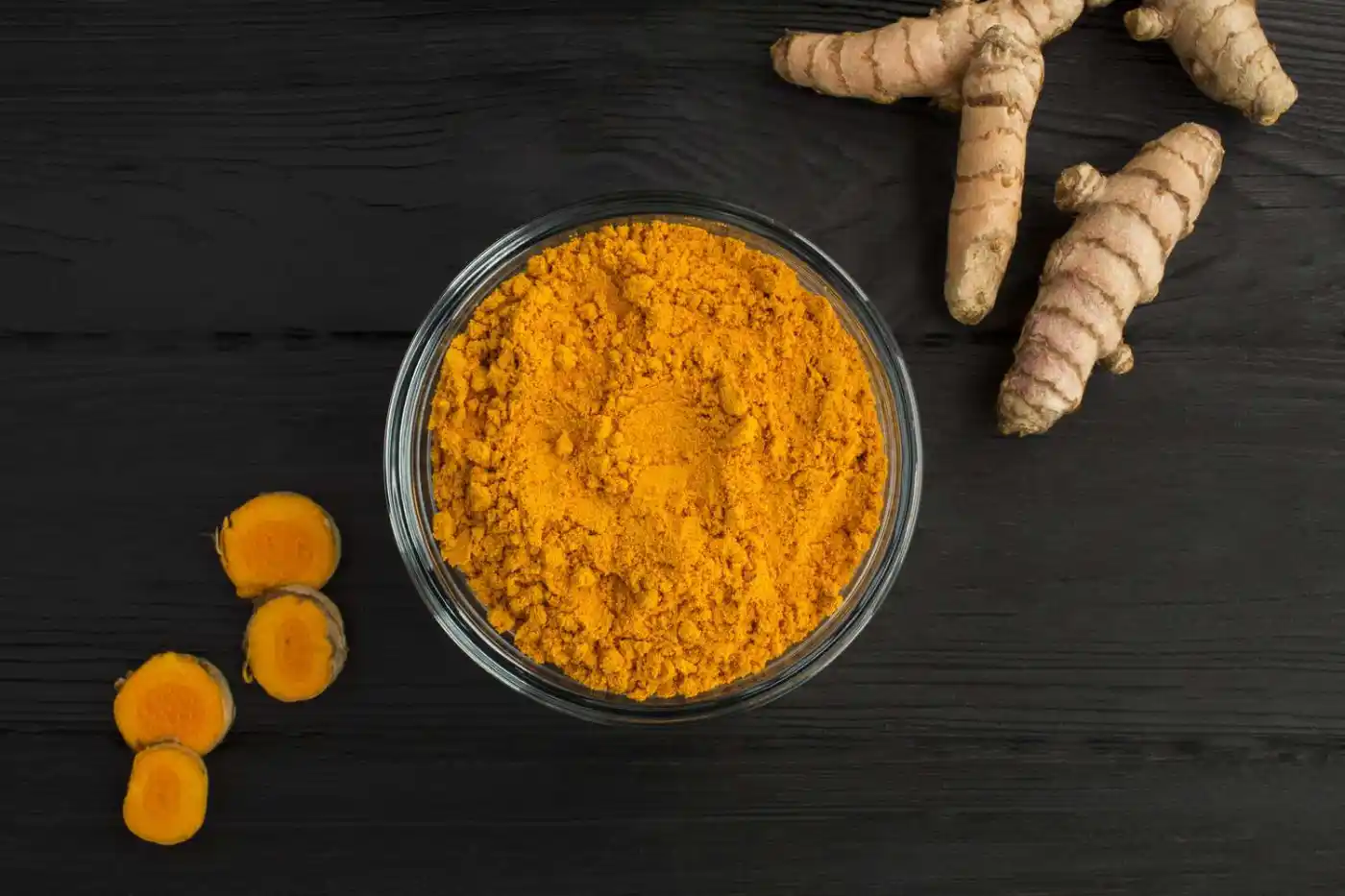An often-asked question circles around the issue: Can turmeric cause miscarriage? To engage you better in answering this query, this article delves into intriguing pieces of research, expert opinions, and age-old beliefs.
Can Turmeric Cause Miscarriage? Unraveling the Facts and Dispelling Myths
In the realm of holistic wellness and natural remedies, turmeric often assumes a spotlight position due to its multifaceted health benefits. But as with any medicinal ingredient, it’s vital to know when and how much to consume for the best results. An often-asked question circles around the issue: Can turmeric cause miscarriage? To engage you better in answering this query, this article delves into intriguing pieces of research, expert opinions, and age-old beliefs.
Turmeric – A Brief Overview
Turmeric, a vibrant golden spice, is no stranger to the culinary and health scene. Native to Southeast Asia, this root is best known for its antioxidant, anti-inflammatory properties (curcumin being the compound responsible) that purportedly benefit numerous health conditions. However, there’s a fine line between moderate use and heavy dosages that could potentially tip the balance.
The Nutritional and Medicinal Significance of Turmeric
The true potency of turmeric lies in its bio-active ingredients such as curcumin. Curcumin gives turmeric its exceptional anti-inflammatory, antioxidant, anti-cancer, and antimicrobial capacities. Given its storied medicinal history, turmeric has been a mainstay in both ayurvedic and Unani healing methodologies for generations.
Its nutritional and medicinal prowess brands turmeric as an indispensable addition to meals, skincare, and medicine, particularly in South Asia. The extensive medicinal benefits of turmeric span from easing rheumatic arthritis symptoms and UTIs, to serving as an antiseptic for wounds, and enhancing digestion. Apart from its rich magnesium concentration, turmeric is also packed with essential vitamins like B6 and C and minerals like manganese, potassium, and iron, in addition to being a low fat and high dietary fiber source.
Can Turmeric Cause Miscarriage During Pregnancy?

Curcumin – the heart of turmeric, brings with it significant advantages and potential health concerns. If consumed in moderation, as typically seen in daily diets, turmeric may not be problematic. Usually, cooking involves the dried or powder form of turmeric, which contains considerably lower curcumin levels.
Therefore, consuming moderate quantities of turmeric during pregnancy, as seen in Indian dishes, should not present any hazards. In fact, curcumin supplements often contain far more substantial amounts than regular dietary intake.
Nevertheless, long term, high dosage consumption of turmeric could induce gastrointestinal distress. Moreover, consuming turmeric while pregnant may increase the risk of complications if taken excessively, particularly in supplement form. In such instances, an augmentation in curcumin levels might herald multiple pregnancy complications, urging expectant women to abstain from medicinal quantities of turmeric.
Curcumin mirrors the characteristics of estrogen, and surpassing the moderate consumption level can drastically affect estrogen balance. This may spark uterine contraction and bleeding, potentially leading to miscarriages or premature births. Thus, it’s crucial to balance the health benefits and potential risks when considering “can turmeric cause a miscarriage during pregnancy?”.
Understanding Miscarriages
Traditionally, a miscarriage refers to the unfortunate event of a pregnancy ending spontaneously within the first 20 weeks. It occurs for various reasons, ranging from chromosomal abnormalities, severe illness, to lifestyle factors. Could turmeric consumption be included in the list of reasons? Let’s examine the possibilities.
Arguments For and Against: Can Turmeric Cause Miscarriage
According to the traditional point of view,in Eastern cultures, it’s customary to believe that turmeric, especially in high dosages, can stimulate menstrual flow and induce uterine contractions, which could lead to a miscarriage. This belief comes from the theory that ‘hot’ foods like turmeric could potentially upset the balance during pregnancy.
However, according to the scientific perspective,the evidence is limited and inconclusive. Some studies on animals showed that high doses of curcumin could have reproductive effects, including the potential to harm the embryo or fetus. However, these findings are yet to be firmly validated in humans.
Turmeric Dosage: How Much Is Too Much?
As with anything, moderation is key. Consuming turmeric as a spice, as part of a balanced diet, is generally safe even during pregnancy. Trouble arises with high-dose supplements or isolated curcumin, which may indeed have negative implications.
Turmeric’s Implication for Pregnant Women
The effect of turmeric on pregnant women falls largely into the grey area of science with more research needed. Despite limitations, pregnant women are generally advised to avoid turmeric supplements and maintain a balanced diet with moderate amounts of the spice.
Alternative Ways to Gain Turmeric’s Benefits During Pregnancy
Looking to harness turmeric’s benefits without posing a risk to your pregnancy? Antioxidant-rich fruits, leafy vegetables, and sources of Omega-3 are excellent substitutions. Ensure to consult with your healthcare provider before making any significant dietary changes.
The Healthful Influence of Turmeric During Gestation
Enjoying turmeric in moderate doses is not just safe but also beneficial during the gestational period. Let’s highlight some key benefits of turmeric during pregnancy:
1. Alleviating Pregnancy-Induced Heartburn
Turmeric’s powerful anti-inflammatory and antioxidant attributes can play a significant role in mitigating the discomfort of heartburn, a common issue during pregnancy. The concern of “can turmeric cause miscarriage” can be overshadowed when considering its benefits in reducing GERD symptoms prevalent among expectant mothers.
2. Enhances Oral Hygiene in Expecting Mothers
Pregnancy hormones such as progesterone surge between the 2nd and 8th month of pregnancy and may compromise oral hygiene by increasing susceptibility to pregnancy gingivitis. Frequent usage of turmeric, due to its anti-inflammatory, anti-plaque, and antimicrobial properties, can help mediate the soothing of bleeding gums and prevent the build-up of plaque.
3. Actively Aids in Preventing Preeclampsia
The possibility of contracting preeclampsia, a potentially fatal condition, becomes a concern after the 20th week of pregnancy. Preeclampsia is marked by high protein levels in the urine, elevated blood pressure, and complications with vital organs such as the kidney and liver. Research indicates that curcumin, the principal compound in turmeric, possesses the ability to decrease the inflammatory factors that instigate preeclampsia. While the connection between “can turmeric cause miscarriage” and preeclampsia prevention is subject to more research, it’s worth noting the potentially beneficial anti-inflammatory properties of turmeric.
4. Supports Fetal Brain Development
Raised levels of inflammation during pregnancy could negatively impact fetal development. Babies born to mothers with high inflammation during pregnancy are often more susceptible to issues with brain organization and cognitive capabilities in their early years. Disorders such as autism spectrum and attention deficit hyperactivity may also be more common. The potent anti-inflammatory properties of turmeric could help manage these risk factors, thereby dampening concerns around the question, “can turmeric cause miscarriage?”
5. Offers Skin Benefits During Pregnancy
Turmeric can combat numerous common skin issues that arise during pregnancy. Applying a paste of curd and turmeric on the stomach before bathing may reduce the appearance of stretch marks. Additionally, applying a mix of turmeric, cucumber juice, and lemon juice on hyperpigmented areas might help lower the intensity of pigmentation. Turmeric’s antiseptic properties also lend a hand in treating pregnancy acne.
6. Helps Control Cholesterol Levels
Pregnancy often triggers an increase in cholesterol levels. The anti-lipidemic characteristics of turmeric are helpful in managing the rise in cholesterol during this period. All these potential benefits collectively offer peace of mind to those worried about the question, “can turmeric cause miscarriage?”
Conclusion
In conclusion, while turmeric is a powerful and beneficial spice, caution and moderation should be exercised during pregnancy. Always reach out to healthcare professionals with concerns or queries. Remember, ‘natural’ doesn’t always equate to ‘safe’ when it comes to pregnancy.
Exploring the Role of Turmeric in Pregnancy and Addressing Concerns: Can Turmeric Cause Miscarriage?
Read more: Renal artery duplex scan













